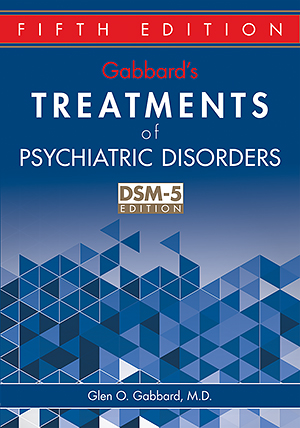Sections
Excerpt
For the treatment of opioid use disorder, agonists and partial agonists such as methadone and buprenorphine have had the most impact. They attach to opioid receptors and stimulate them. They are effective for the treatment of opioid use disorder mainly because they reduce opioid withdrawal symptoms, reduce opioid craving, and confer tolerance to opioids (methadone) or block opioid receptors (buprenorphine), thus reducing the euphoric effects of abused opioids. However, opioid antagonists such as naltrexone are also available for the treatment of opioid dependence. Naltrexone occupies opioid receptors but does not activate them; because naltrexone has a high affinity for the opioid receptor, it can prevent agonists with lower affinity such as heroin from binding with the receptor and thus reduce the euphoric effects of abused opioids. Although naltrexone cannot treat opioid withdrawal, it has been shown to reduce opioid craving, and thus, for detoxified patients with opioid use disorder, it may provide an alternative to methadone and buprenorphine for the treatment of that disorder.
Access content
To read the fulltext, please use one of the options below to sign in or purchase access.- Personal login
- Institutional Login
- Sign in via OpenAthens
- Register for access
-
Please login/register if you wish to pair your device and check access availability.
Not a subscriber?
PsychiatryOnline subscription options offer access to the DSM-5 library, books, journals, CME, and patient resources. This all-in-one virtual library provides psychiatrists and mental health professionals with key resources for diagnosis, treatment, research, and professional development.
Need more help? PsychiatryOnline Customer Service may be reached by emailing [email protected] or by calling 800-368-5777 (in the U.S.) or 703-907-7322 (outside the U.S.).



